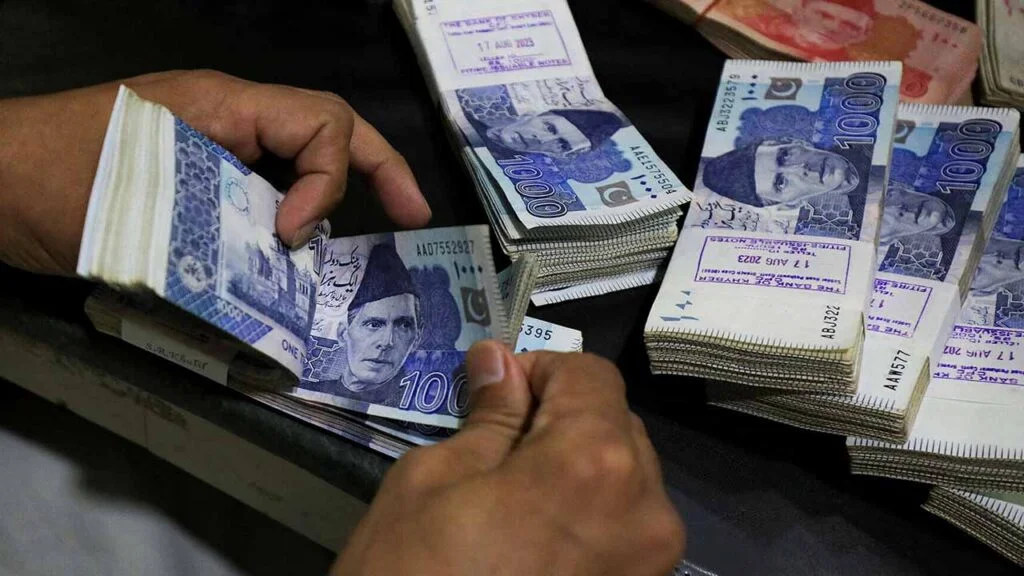- Web
- Feb 05, 2026
New income tax ordinance aims to revise advance deposit ratio for banks
-

- Web Desk Karachi
- Feb 11, 2025

New income tax ordinance aims to revise advance deposit ratio for banks
ISLAMABAD: On Monday, Pakistan introduced the Income Tax (Amendment) Ordinance, 2024, in the National Assembly, aimed at extending previously approved revisions to the Advance Deposit Ratio (ADR) for banks.
The ordinance was presented by Member of National Assembly Saad Waseem, but the chair of the session, Qadir Patel, postponed the discussion at the request of Finance Minister Muhammad Aurangzeb, who expressed the need to provide a briefing on the ADR modifications.
Originally enacted on December 31, 2024, the ordinance adjusts the ADR framework for banking institutions and establishes tax rates for various company categories. According to the new regulations, banks will be taxed at a rate of 44% for the 2025 tax year, followed by 43% for 2026, and 42% for 2027 and beyond. Small companies will be subject to a 20% tax rate, while all other companies will see a 29% tax rate.
The ordinance clarifies that “gross advances and deposits” refer to amounts reported at the conclusion of the accounting period in annual audited accounts. Beginning with the 2025 tax year, banking companies’ profits and gains will be taxed as per Division-II of Part-I of the First Schedule, and the previous ADR-based tax calculation will no longer be applicable.
Bank deposits drop 2.8 per cent, loans surge by 7.6 per cent: SBP data
In related developments, the National Assembly’s Standing Committee on Finance and Revenue, led by Naveed Qamar, is set to discuss “The Tax Laws (Amendment), 2024” bill. This proposed legislation seeks to modify current tax laws, including regulations on economic transactions, with the goal of enhancing government oversight of non-filers and broadening the tax base.
Under the new bill, individuals considered ineligible—those who have not filed tax returns for the previous year or failed to submit an online statement of their investments and expenditures—will be restricted from engaging in certain economic activities, such as purchasing or registering vehicles and transferring real estate.
To be classified as eligible, individuals must provide proof of resources in their wealth statement amounting to 130% of their cash and cash equivalents.
The Senate Standing Committee on Finance and Revenue has already given its approval to the bill, setting the stage for further discussions and potential passage in the National Assembly. The government is optimistic that these amendments will improve tax compliance and boost revenue generation.




